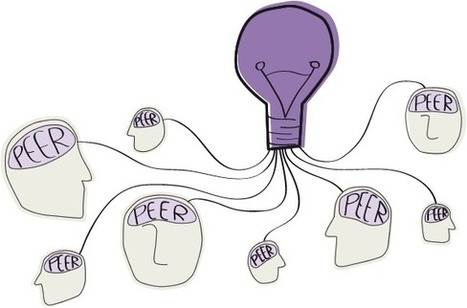By Maxigas, researcher, Internet Interdisciplinary Institute (IN3-UOC). Peer to peer superpowers In this blog entry I summon the Light Side and also the Dark Side, then ask what binds them together. So my answer to the Open Thoughts 2014 Question ― How many peers does it take to change a light bulb? ― is “3”. Namely, Rebel General Dodonna, the Emperor Palpatine himself and Jedi Master Obi-Wan Kenobi. Open Thoughts for Open Force! 1. General Dodonna: “May the Force be with you” Peer production is about creating and maintaining common resources collaboratively. The Internet enables informal mass collaboration on immaterial goods.
Research and publish the best content.
Get Started for FREE
Sign up with Facebook Sign up with X
I don't have a Facebook or a X account
Already have an account: Login
on peer-to-peer dynamics in politics, the economy and organizations
Curated by
jean lievens
 Your new post is loading... Your new post is loading...
|
|










